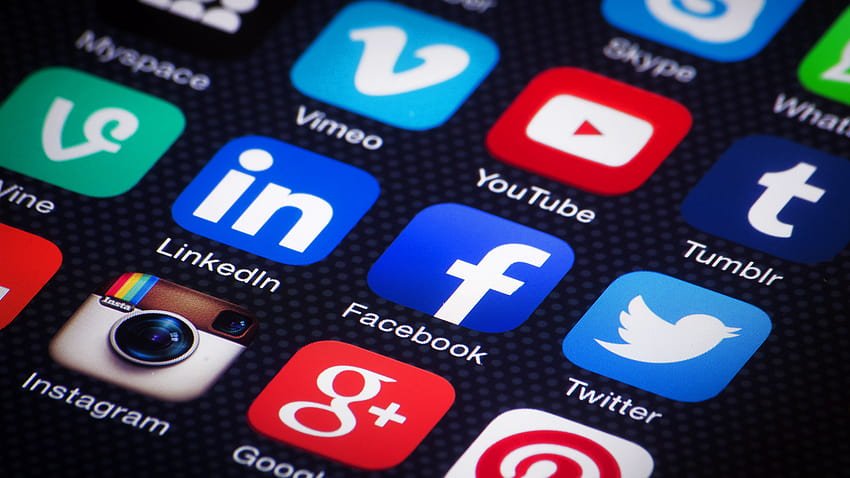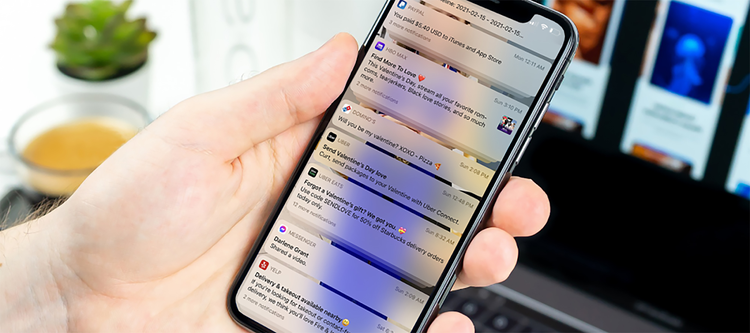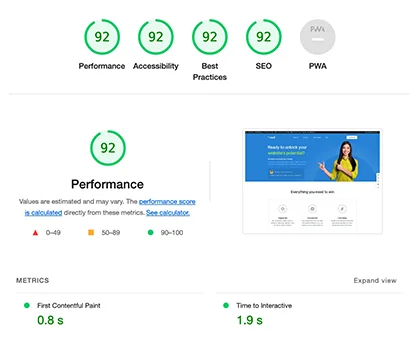Understanding Mobile Marketing: Varieties and Benefits

Mobile marketing is a strategy using movable devices to reach potential audiences. It boosts personalized experiences, promotes user engagement, and builds authentic relationships. Let’s swim in the world of smartphones and use the concept discussed in this blog.
Introduction
In the era of the digital world, where smartphones have become part of our day-to-day lives, significant brands cannot ignore the power of mobile marketing. According to Statista, as of 2023, there are over 6.5 billion smartphone users worldwide, representing a massive pool of potential customers that businesses can tap into.
In recent years, the use of smartphones for mobile transactions has been on the rise. In the first quarter of 2023, smartphones accounted for 74% of retail site traffic worldwide, generating 63% of online shopping orders.
This psychological shift can be understood from the mobile landscape, where mobile is the Alpha in the digital world. But the main question is, what is mobile marketing, and why is it essential for brands today?
In this blog, we will dig deeper into the definition of mobile marketing and its benefits to take your campaign to the next level.
What is Mobile Marketing?

Mobile marketing is a strategy to reach a target audience on tablets and smartphones. Using this form of marketing opens up unique mobile features like personalized services, location services, and interactive user experience.
This includes mobile app marketing, SMS, QR codes, location-based services, and other goals. The main aim is to design a consolidated multi-channel strategy to create various checkpoints to improve the journey and maximize user experience.
Mobile marketing can be divided into the following segments:
Direct mobile marketing
Indirect mobile marketing
Direct Mobile marketing

This involves strategies that can target consumers on their mobile directly. These marketing strategies can include sending alerts and promotional messages to audiences who have opted for your message. Some examples are MMS marketing, SMS, app-based marketing, and push notifications.
Indirect Mobile Marketing

In this form of marketing, it uses digital devices as a channel within a broader marketing strategy. For example, it can be an ad on your mobile browser increasing awareness about fashion deals in a nearby mall or a food-related campaign in the local stores.
The indirect mobile strategy involves strategies that do not target users directly; rather, it aims to improve the overall experience of mobile users. These strategies include crafting engaging content, boosting social media platforms, and optimizing a website for a mobile view.
Types of Mobile Marketing
1. In-Game Marketing: These ads appear within mobile games. They can be banner pop-ups, full-page image ads, or even video ads that play in between gaming sessions.
2. SMS Marketing: One of the oldest forms of marketing, it involves sending promotional messages directly to consumers’ phones via text.
3. Mobile Search Ads: These are basic Google search ads built for mobile, often featuring extra add-on extensions like click-to-call or maps.
4. Mobile Image Ads: An image ad that appears on websites when viewed on a mobile device.
5. Location-Based Marketing: In this type of marketing, these ads appear on mobile devices based on a user’s location relative to a specific business or area.
6. QR Codes: These are codes that users scan in their phone camera, which will take users to a specific webpage.
7. Email Marketing: Email marketing is more effective than SMS marketing. SMS leaves no room for creativity as compared to email. Various tools are available to help you with template design, audience segmentation, tracking, and email A/B testing.
8. Push Notifications: These messages pop up on a mobile device. App publishers can send them anytime; users don’t have to be in the app or using their devices to receive them.
9. App-based Marketing: It involves advertising through mobile apps. These could be mobile ads developed and displayed within third-party or brand apps.
Why is Mobile Marketing Important?
As we move forward in the mobile marketing world, it is essential to understand this concept more broadly. This is important not just in reaching out but also in providing personalized experiences, valuable insights, real-time interactions, and competitive advantage. Let’s understand these essential points in more detail.
Real-Time Interaction: It will allow you to communicate with the customers immediately, and this will help you in customer satisfaction and client retention.
Competitive Advantage: Implementation of this concept can provide businesses with a competitive advantage to boost the mobile industry.
Valuable Insights: The data from the customer provides valuable insights, which can help take data-driven marketing strategies.
Reach: It is calculated that over 93% of internet users use the internet through mobile devices. This opens the gateway to tapping the vast audience for mobile user acquisition.
Benefits of Mobile Marketing
It provides many benefits to brands regarding cost, analytics, and targeting.
Cost: Filtering the right consumers for your business will automatically reduce the cost. In this, you can choose the type of marketing message and the price to deliver it to potential customers.
Analytics: The world is full of data, and various marketers can optimize the campaign in real-time. Gaining real-time information for product improvements can help in cost efficiencies.
Targeting: It offers the unique advantage of precise targeting, allowing businesses to send users a relevant and personalized message. Having an abundance of data can increase win-win solutions for consumers and marketers.
This is in comparison to traditional offline marketing methods, like billboard campaigns. In this sector, a marketer has limited control over their intended audiences. Furthermore, it can be concluded that this offline marketing.
Conclusion
In conclusion, mobile marketing is an undisputed strategy in the digital age, leveraging the power of smartphones to create personalized, real-time interactions. With diverse channels like in-app advertising, push notifications, and location-based marketing, businesses can tap into a vast audience, gaining a competitive edge through cost-effective, analytics-driven, and precisely targeted campaigns.

